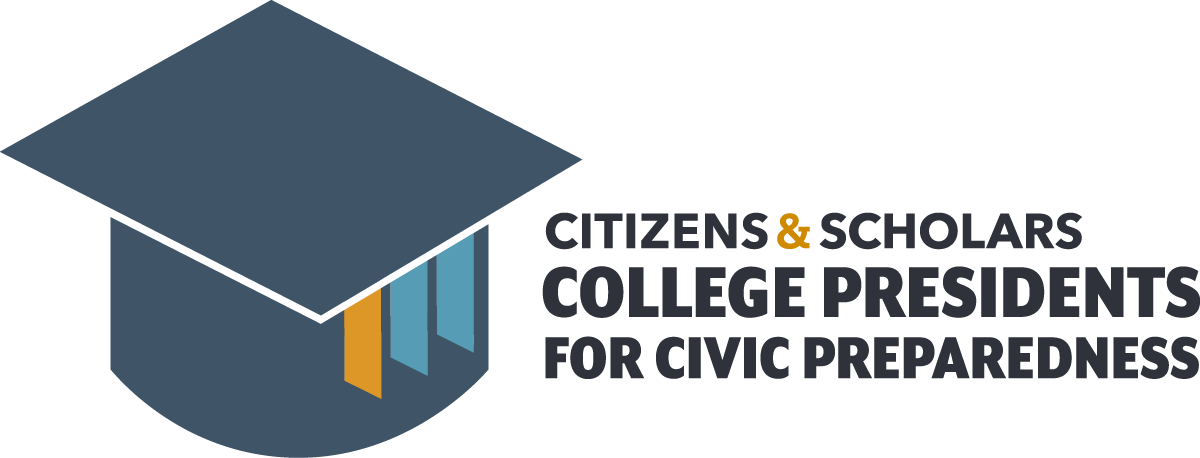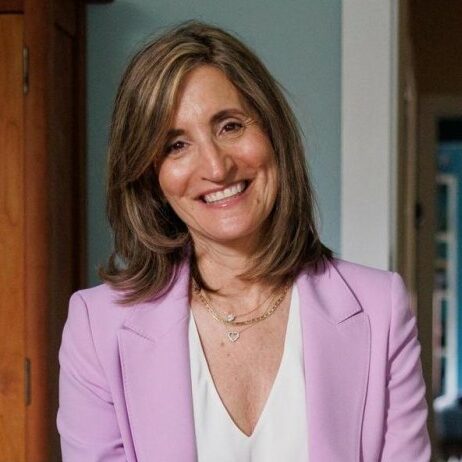When we say "a liberal arts education can change the world," we sometimes receive skeptical glances. But in fact, the world can't change or advance without the skills a liberal arts education provides. To tackle challenges to democracy or climate change or economic inequality requires thinking critically, writing effectively, analyzing data, and reading broadly. In other words, we need the advantages of interdisciplinary thinking – that bring together scientists and writers or artists and economists – in order to find solutions to the most complex problems of the world.
- Julie Kornfeld
Activation Plan
Below is an overview of some campus activities:
- Through the Center for the Study of American Democracy (CSAD), Kenyon annually schedules speakers and conversations about democracy and provides information on voting and candidates.
- In the upcoming year, the Center for the Study of American Democracy will take nominations and then award the “Leo Lopez Freedom and Democracy Award” to a person or organization fighting to support democracy in the world. In addition, CSAD will hold its Biennial Conference this year with a focus on the topic of “Immigration.” Both of these major events are integrated into course offerings and reach beyond Kenyon to the local and regional communities.

Julie Kornfeld
President, Kenyon College

Below is an overview of some campus activities:
- Through the Center for the Study of American Democracy (CSAD), Kenyon annually schedules speakers and conversations about democracy and provides information on voting and candidates.
- In the upcoming year, the Center for the Study of American Democracy will take nominations and then award the “Leo Lopez Freedom and Democracy Award” to a person or organization fighting to support democracy in the world. In addition, CSAD will hold its Biennial Conference this year with a focus on the topic of “Immigration.” Both of these major events are integrated into course offerings and reach beyond Kenyon to the local and regional communities.
When we say "a liberal arts education can change the world," we sometimes receive skeptical glances. But in fact, the world can't change or advance without the skills a liberal arts education provides. To tackle challenges to democracy or climate change or economic inequality requires thinking critically, writing effectively, analyzing data, and reading broadly. In other words, we need the advantages of interdisciplinary thinking – that bring together scientists and writers or artists and economists – in order to find solutions to the most complex problems of the world.
- Julie Kornfeld
